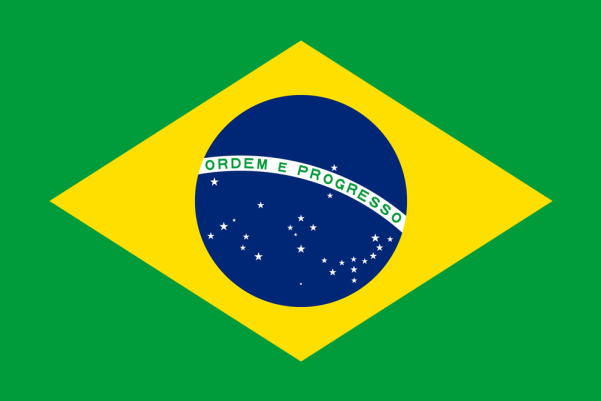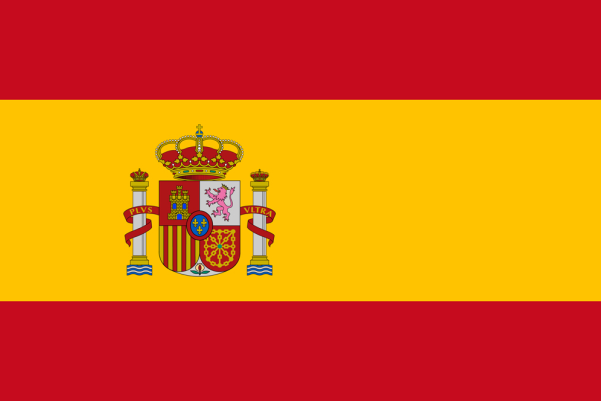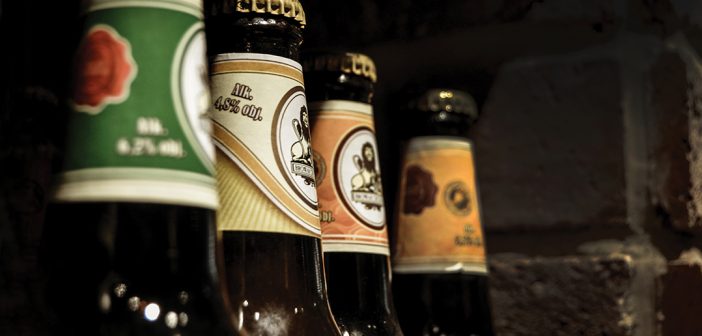Micro-brewing – the small scale production of craft or artisanal beer – is in the ascendency
Jorge Lemann, Carlos Sicupira and Marcel Telles are the toast of Brazilian enterprise after the recent approval of one of the biggest corporate mergers in history, the union of beer giants Anheuser Busch Inbev and SABMiller. The emergent company will account for approximately 30% of the global beer market. *Forbes Magazine
Their recipe for success dates back to the late 1980s when the group acquired Brazilian brewery Brahma and expanded across South America. A series of mouth-watering deals followed, including the 2008 acquisition of beer behemoth Annheurser-Busch (of Budweiser fame). The beer billionaires are amongst the richest people in Brazil, Lemann topping the pile.
Not bad for what is essentially a fermented mix of grains, hops, water and yeast, but beer is surpassed only by tea and water as the most consumed beverage in the world. With global demand set to rise, beer is, suffice to say, big business.
Such entrepreneurial role models have paved the way for a new generation of burgeoning brewers in Brazil, all looking to make their mark on a traditionally saturated market; Micro-brewing – the small scale production of craft or artisanal beer – is in the ascendency.
The growth of the segment is perhaps best illustrated by this year’s record-breaking Festival Brasileiro da Cerveja, in the state of Santa Catarina. Participation in 2016 was up by 18% with more than 41,000 thirsty beer aficionados descending on the city of Blumenau, a tourist hotspot for fans of the golden nectar.
Brazil offers a wealth of opportunity in terms of micro-brewing thanks to some unique local ingredients, affirms Christian Matias, a local specialist brewer from São Paulo, beer is an important part of our culture so it’s only natural we should want to introduce a tropical twist.
Matias represents a new wave of brewers looking to drive creativity and innovation in Brazil. For many years it was either bland local larger or expensive imports, so I decided to start brewing at home. Christian took his passion even further, moving to the UK to complete a Diploma in British Brewing Technology, accredited by Brewlab Brewing Courses Training and Analysis UK. As a qualified beer sommelier (Instituto da Cerveja Brasil) he recognises that the philosophy of the craft beer movement is better understood today. Several supermarket chains already carry premium craft imports and established breweries are beginning to release their own series of artisanal brews in an attempt to tap into a more discerning market, he explains. Some recipes are surprising; How about a stout made with açaí, or perhaps an IPA with jabuticaba? Or even a pale ale made with cassava?
The latter, Cauim, is an ale from local legend Marcelo Carneiro da Rocha, the founder of Cervejaria Colorado. Founded in 1996 in Riberão Preto, São Paulo, Rocha turned his hobby into his livelihood when he decided to open a brewpub. Less than two decades later, in 2015, he sold his brand to Lemann et al. Colorado is now distributed to the US and France and internationally renowned for its unique homebrew taste and flamboyant marketing.
It is thanks to such pioneers that global beer tastes have diversified over recent years. The idea of brewing with chocolate or tropical fruits would have seemed unthinkable in the past, let alone commercially attractive; today it is a reality. So why not throw in a pinch of tapreba, bacuri, or even priprioca, just some of the unique Amazonian ingredients being used to capture a new fructiferous taste.
The Brazilian craft movement is not without its challenges, but one thing is for sure; where there is a will to “Brazilianise” something, there is always away.

















